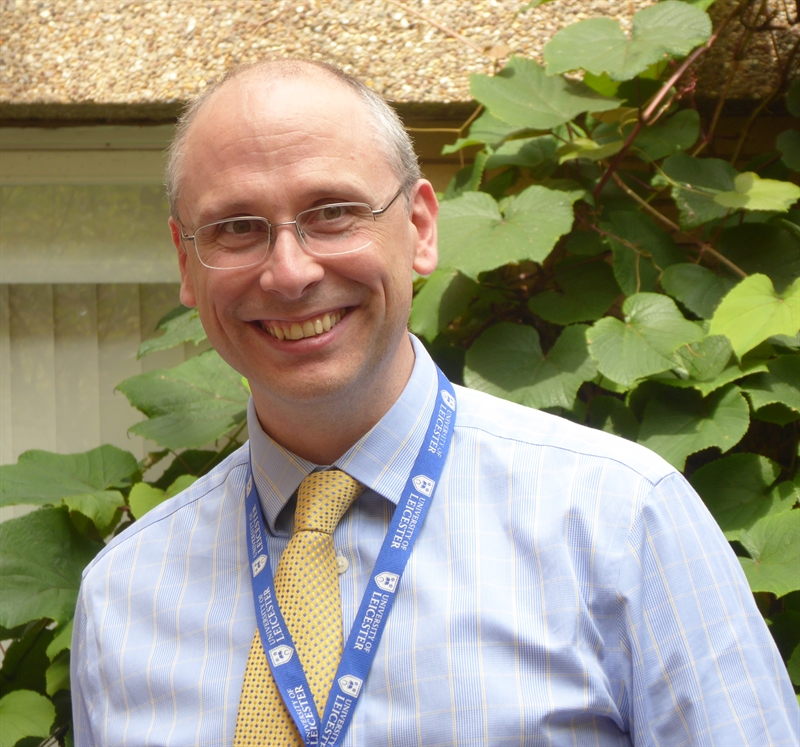Beat SCAD is very excited to hear that a European SCAD Study Group has been formed and is being co-chaired by Dr David Adlam, who is leading the UK research project, and Christiaan Vrints Professor of cardiology at the University of Antwerp.
Part of the Acute Cardiovascular Care Association (ACCA), a branch of the European Cardiology Society, the group aims to improve awareness and understanding of spontaneous coronary artery dissection, as well as advise clinicians how to manage patients.
It will also establish a European SCAD registry with the aim of creating a platform for collaborative research.
There are currently 40 members of the study group from across Europe.
Beat SCAD welcomes this development and looks forward to hearing about developments over the coming months.

